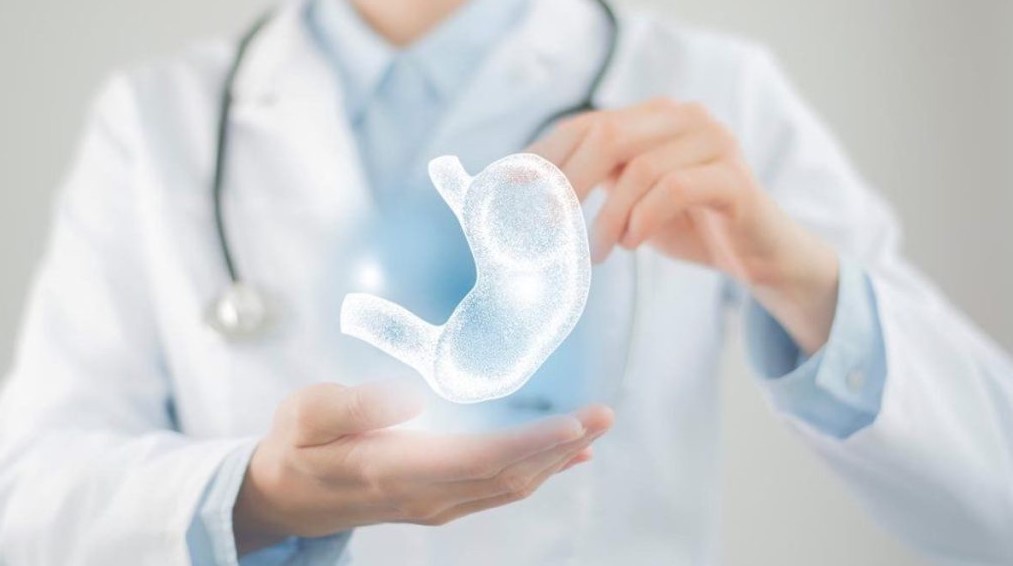Most people report excellent outcomes from gastric sleeve surgery in 10 years and beyond. However, around 20% will have long-term consequences ranging from food tolerance concerns to weight gain and relationship issues. These issues can linger for years after the treatment.
This article will explain what to expect ten years following gastric sleeve surgery, often known as sleeve gastrectomy. It also outlines how to avoid issues and when to contact your healthcare practitioner.
Pros and Cons of Gastric Sleeve Surgery
There are various benefits of gastric sleeve surgery:
- Because you can only eat around 1/2 cup of food at a time, you will most likely lose weight.
- It is a permanent procedure.
- It can enhance the health of people who have struggled to lose weight and keep it off.
- It may aid in the treatment of long-term health issues such as diabetes and high blood pressure.
- According to studies, all types of bariatric surgery increase quality of life by improving physical fitness, mobility, and discomfort. People who had gastric sleeve surgery reported higher improvements than those who had gastric band surgery.
- Death from gastric sleeve surgery is uncommon.
However, there are certain drawbacks to be aware of. It is still possible to overeat following gastric sleeve surgery. You might not drop much weight if you do. Long-term health concerns may not be helped by this operation, and complications may occur.
Rare Gastric Sleeve Complications
Complications from gastric sleeve surgery might emerge weeks to years after the procedure.
Abscess
An abscess is a collection of pus that forms in your body in the form of a pocket. When this occurs shortly after surgery, it is usually due to some of the contents of your intestines spilling or leaking. A splenic abscess, the organ that filters your blood, is an extremely uncommon consequence of surgical procedures.
Delayed Leak
A suture line leak, also known as a suture line disruption, occurs when stomach contents leak through the sewn-together area. This usually occurs shortly after surgery. However, the suture region may begin to leak months or even years later.
Delayed leaks are uncommon, yet they are nonetheless deadly. Medication, hospitalization, or more surgery may be required.
The symptoms include:
- Fever
- Tachycardia (increased heart rate)
- Abdominal pain
- Hypotension (low blood pressure)
- Peritonitis (when the tissue that lines the abdomen becomes irritated)
- Leukocytosis (high white blood cell count)
Malnutrition
Malnutrition, or a lack of appropriate nutrition, is harmful and can manifest years after surgery. When they eat fewer calories, some patients have difficulty absorbing enough nutrients, especially if they experience diarrhea or nausea.
Your healthcare professional may advise you on vitamins and minerals, medication, or other measures to keep you healthy.
Mental Health and Social Concerns
This procedure can have a variety of effects on your mental health and relationships.
Addiction Transfer
Food can be an addiction for certain people. They may self-medicate by overeating. Individuals may develop new addictions as a result of this surgery, which makes it impossible to overeat.
Examples of other addictions include:
- Drug use
- Alcohol use
- Sex and love addiction
Relationship Issues
In the United States, the divorce rate is between 40% and 50%. According to a 2018 study, those who have had weight loss surgery had a higher divorce rate.
Weight loss can be difficult for couples, and surgery may alter the dynamics of the relationship. This can be stressful for both the person and the couple as a whole.
Healthcare providers advise discussing these concerns with your partner. Couples therapy can also be beneficial.
Weight Regain 10 Years Later
The 10-year result of gastric sleeve surgery is generally favorable. According to studies, most people may sustain an excess body mass drop of 51% to 54% 10 years after surgery. This indicates they lost around half of their excess weight and were able to maintain it for ten years.
Weight regain following gastric sleeve surgery can occur for a variety of causes. It could be the size of the sleeve or something else, like an increase in the hormone that signals your brain your stomach is empty. Failure to follow your healthcare provider's advised diet and activity plan is another reason you may gain weight after gastric sleeve surgery.


No comments yet